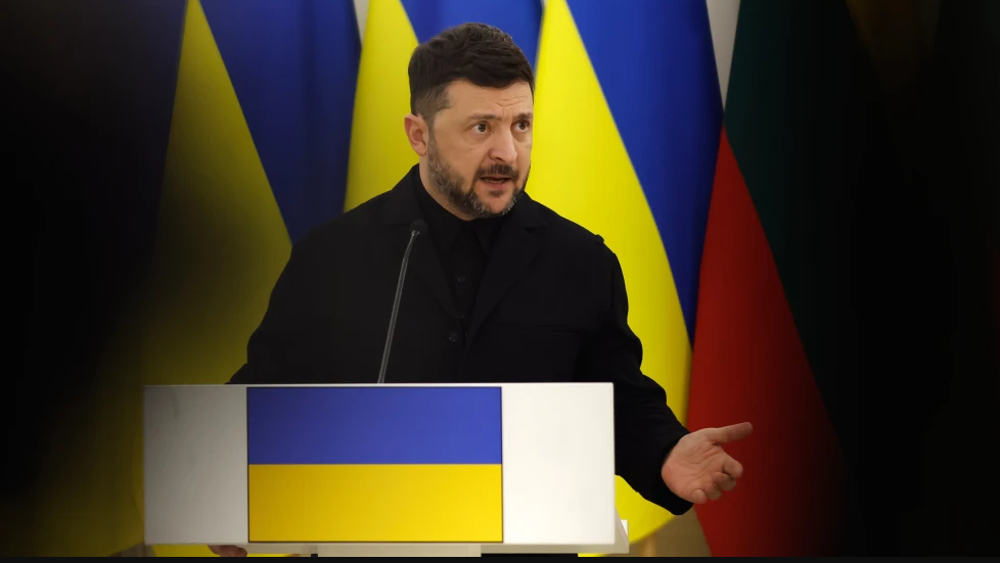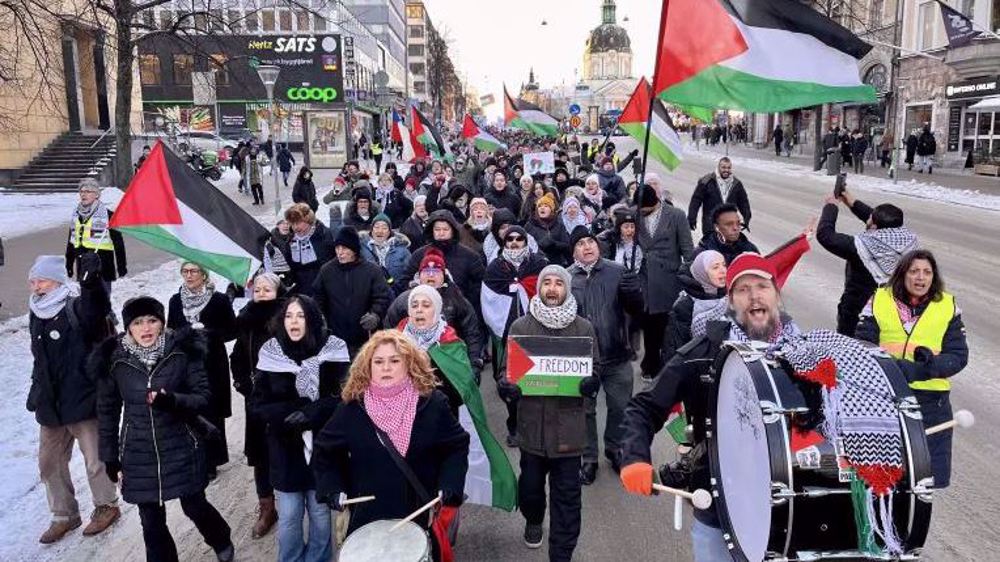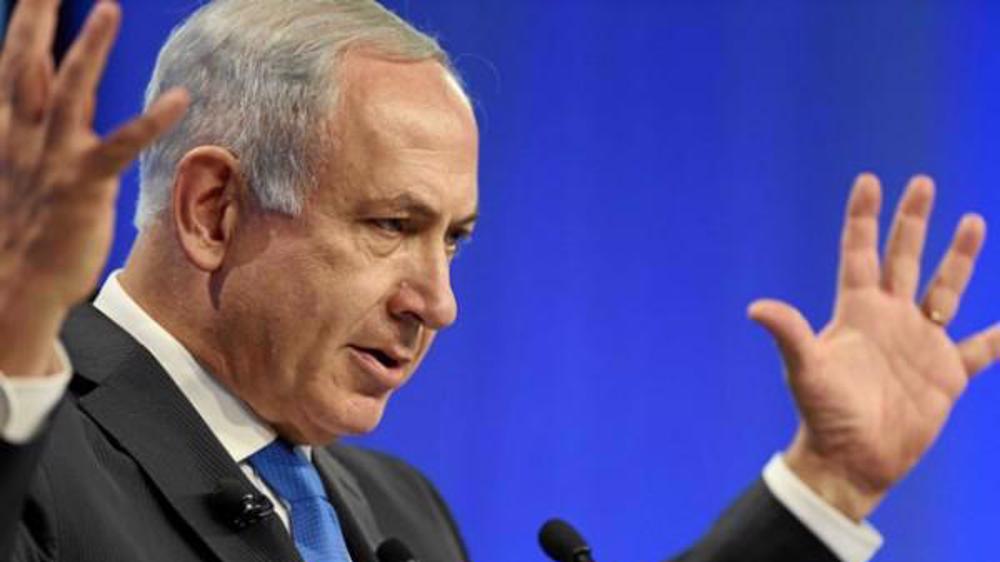NATO to deploy up to 4,000 troops to boost eastern flank against Russia
NATO leaders have agreed to deploy thousands of troops in Poland and the Baltic states in a bid to strengthen the 28-nation alliance’s eastern borders in Europe against Russia.
The Western military alliance announced on Friday that it will move four battalions totaling up to 4,000 troops to northeastern Europe on a rotating basis to display its readiness to support Eastern European member states against the so-called Russian aggression.
“These battalions will be robust and they will be multinational. They make clear that an attack on one ally will be considered an attack on the whole alliance,” NATO Secretary General Jens Stoltenberg said during a press conference after the first working session of a two-day summit in the Polish capital Warsaw on Friday.
Stoltenberg said the plan is justified under Article 5 of the North Atlantic Treaty, which states that if an “armed attack against one or more” NATO member states is launched “in Europe or North America,” it “shall be considered an attack against them all,” and all members will have to take the necessary actions to assist the invaded ally.
The UK will send 500 troops for a battalion based in Estonia, while Germany and Canada will lead two more battalions in Lithuania and Latvia, respectively.
US President Barack Obama said at the summit that under the plan, his country would deploy an armored brigade of 1,000 troopers as the fourth battalion in Poland next year “to enhance our forward presence in Central and Eastern Europe.”
“In other words, Poland will be seeing an increase in NATO and American personnel and in the most modern military equipment,” Obama said.

Stoltenberg also said that the alliance would consider calls from Romania and Bulgaria for a stronger multinational air and sea presence in the Black Sea, where they perceive Russia's fleet based in Crimea as a growing military build-up.
However, NATO also highlighted the two country's willingness to pursue dialog with Moscow, echoing what German Chancellor Angela Merkel said on the eve of the summit that dialog with Russia should be coupled with “deterrence”.
“Deterrence and dialog — the clear commitment to solidarity with our alliance partners pursuant to Article 5 of the North Atlantic Treaty, and the outstretched hand of dialog — these are not contradictory, no, they are indeed indivisible,” Merkel said on Thursday.

Russia’s reaction
Meanwhile, Moscow said it was willing to cooperate with NATO, even though the alliance treats Russia as an enemy.
Russia “has always been open for dialogue” with NATO, particularly to fight what it sees as a “genuine threat” - terrorism, said Kremlin spokesman Dmitry Peskov.
“Russia is not looking [for an enemy] but it actually sees it happening. When NATO soldiers march along our border and NATO jets fly by, it's not us who are moving closer to the NATO borders,” Peskov told reporters in Moscow on Friday.
NATO has stepped up its military buildup near Russia’s borders since it suspended all ties with Moscow in April 2014, when the then-Ukrainian Crimean Peninsula joined Russia following a referendum in March the same year.
The Ukrainian government later engaged in a military crackdown in the eastern Ukrainian regions of Donetsk and Luhansk, where the ethnic Russian-speaking population had been staging pro-Russia demonstrations for some time.
NATO accuses Moscow of having a hand in the militancy in eastern Ukraine while the Kremlin strongly rejects the claim.
NATO also accuses Russia of massive militarization at the bloc’s eastern borders, saying the move is disturbing its allies in those regions, while Moscow says NATO is brandishing the so-called Russian threat to expand eastward and include countries in the Balkan region, saying the move directly harms Russia’s strategic interests in the Balkans.
The military bloc recently launched its biggest-ever joint maneuvers in Poland to the west of Russia, a move that was immediately condemned by Russian authorities.
VIDEO | Press TV's news headlines
Iran to start no war, but Armed Forces poised to defend homeland: Govt. spokeswoman
VIDEO | UNMHA exit: A legacy of failure in Hudaydah as violations persist
VIDEO | Winter hardships deepen suffering in occupied West Bank
VIDEO | Homes under occupation: When living rooms become military posts
War could reach your own doorsteps: Iraqi anti-terror group warns Iran’s enemies
IRGC: Iran holds upper hand in determining any war’s endgame
'Fingers on trigger': Iran warns of strong response while signaling openness to 'fair' deal










 This makes it easy to access the Press TV website
This makes it easy to access the Press TV website